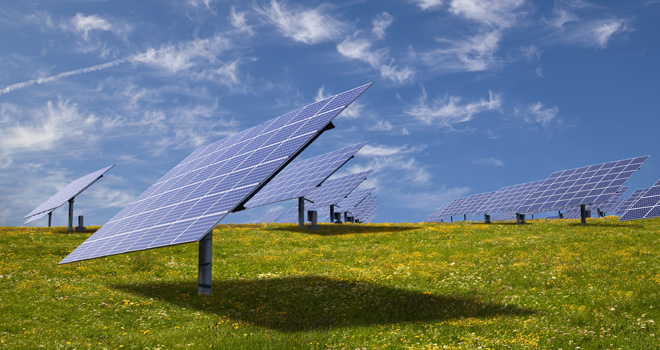With an eye towards penetrating emerging markets like China and Brazil, South Korea recently launched a $220-million pilot smart grid project on Jeju Island, a place previously known mostly for its tourism.
South Korea’s Smart Grid Test Bed program, part public and part private – with the involvement of major companies SK Telecom, LG, Korea Electric Power, Hyundai and more – is the largest such project of its kind in the world, according to government officials.
The project is being financed by both the government and 168 private companies, investing $60 and $160 million, respectively.
The pilot program reflects the government’s desire to gain a competitive edge in installing greener, more efficient energy technologies first at home, then around the world.
So far 2,000 homes in Jeju Island have been hooked up to the smart grid, which employs electrical meters, switches, and other devices to essentially open an ongoing “conversation” between electricity consumers and local utility companies.
The smart grid can smooth out the peaks and troughs of energy consumption throughout a typical day. Consumers receive real-time information on the price of energy, and even program their household devices, such as light bulbs, refrigerators, or washing machines, to automatically turn off or on to reduce their electricity bills.
With the smart grid relaying day-to-day patterns of consumption, energy companies can also save money and energy by matching the production of electricity to what consumers need.
By the end of 2013, the government plans for three or four South Korean cities to start using smart grid technology. Lawmakers hope to install smart grids nationwide by 2030.
Gaining an edge in green technology could be a windfall for South Korean companies, especially with close access to booming markets such as China with energy needs expected to double by 2020.
Already the Korean SK Group is collaborating with mainland Chinese and Taiwanese companies to start solar energy storage projects while continuing projects in Vietnam, Peru, Brazil, and 16 other countries.
Brazil is identified as another key energy market with demands expected to rise 60 percent by 2017.
The South Korean government is providing a $67 million loan to Ghana to develop its power grid, hoping this will help South Korean companies enter the West African market.






